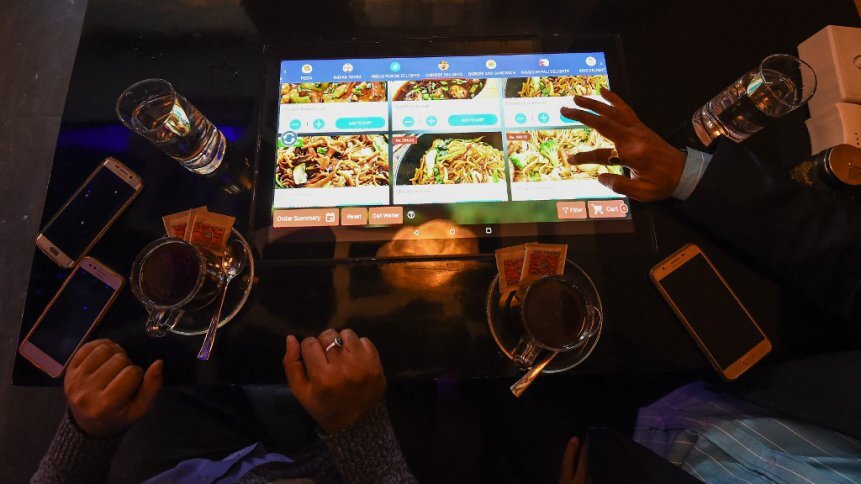
Reply’s report, conducted with the trend platform SONAR, examines the impact of the pandemic on the food and beverage (F&B) Industry. COVID-19, as a catalyst for digitalization, offers opportunities to create new business models in Europe.
Across Europe, interest in online delivery services grew by an average of 140% in 2020. The average share price for the largest delivery service aggregators increased by 53%. On average, 34% of Europeans ordered food online in the third quarter of 2020, compared to 56% globally.
In the early stages of the pandemic, F&B outlets across Europe were closed. With an increase in online grocery shopping, new demands on grocery retailers’ logistics are emerging. Digital logistics at the backend of supply chains is important to provide a more comprehensive choice of products to consumers. Providing an omnichannel approach for the customer journey – from first contact to delivery – will be key in reaching diverse consumers with various needs.
Digital F&B tools grow in importance
Food delivery services stepped in to fill the gap left by the lockdown restrictions for restaurants, bars, cafés, and other venues. Until restaurants open long-term, a blending of online and offline experiences will be necessary to retain and delight customers through personalized offers. Digital reservation tools will grow in importance and online seat reservations are in demand for when restrictions are lifted.
Mass market F&B chains have offered mobile and app-first offers, discounts, ordering, and payment functionality for some time now. Pre-order, meal kits, or post-payment loyalty: more and more of the F&B industry will need to function online. According to the European Central Bank, 87% of Europeans say they will continue to pay with cashless methods frequently.
YOU MIGHT LIKE

How is AI being used in the food industry
F&B outlets that use technology for analysis and decision-making will reap the rewards. Efficiency in areas such as menu planning for restaurants as well as food ordering for consumers should be maximized. Digitally capturing consumer data will help grocery retailers better understand consumers and differentiate themselves from the competition.
“F&B companies that design the end-to-end consumer experiences based on strategic, data-driven insights create opportunities for hyper-personalized offers tailored to custom-made preferences, which not only contributes to additional revenue streams, but also consumer loyalty. Understanding consumer behavior and preferences provide an assured perspective on how brands can grow in the long term”, comments Filippo Rizzante, the CTO of Reply.









